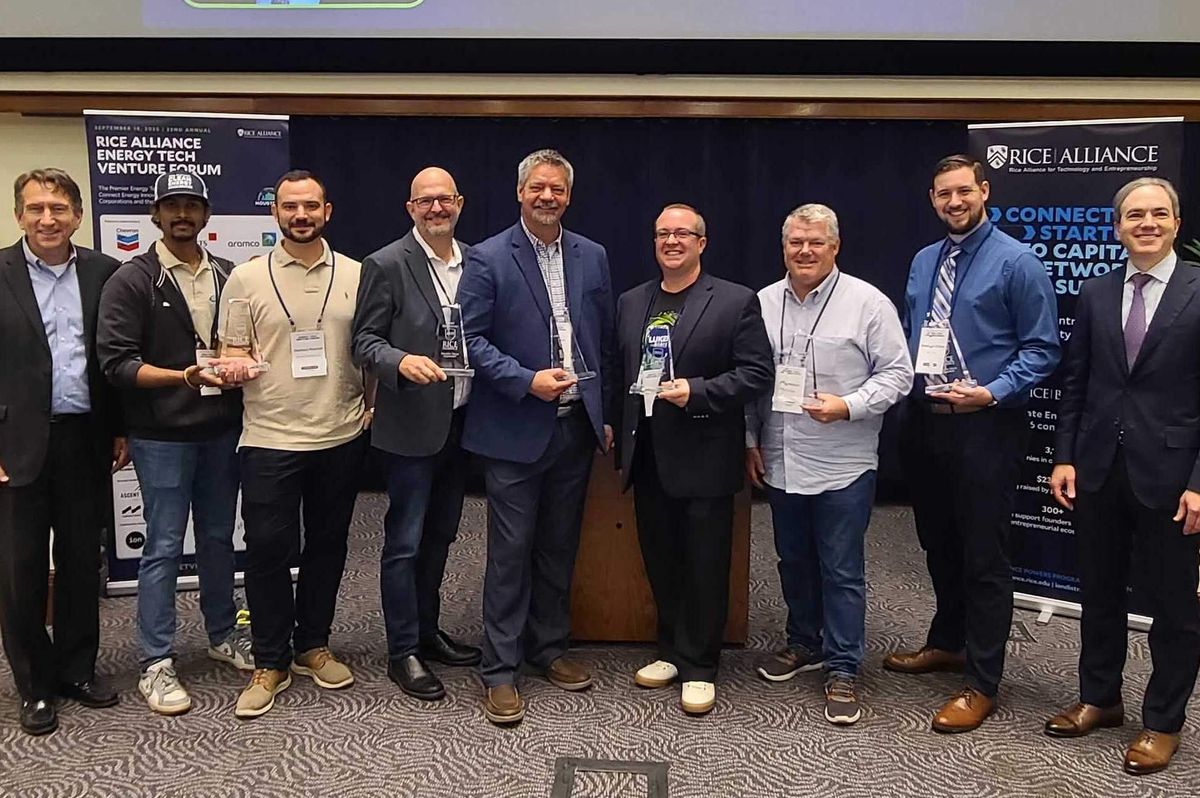Houston-area solar farm to move forward with $394M in construction financing
solar funding
Project SunRope, a 347-megawatt solar project outside of Houston, has landed $394 million in construction financing.
The project, located in Wharton County, about 60 miles outside of Houston, is slated to begin commercial operation in Q3 2027 and aims to support emission reductions, grid reliability and affordability in one of the highest electricity-demand regions in Texas and the U.S. It’s being developed through a joint venture between San Antonio-based OCI Energy and leading Israeli solar company Arava Power. New York-based ING Capital underwrote the financing package.
“The close of construction financing for Project SunRoper represents an important milestone for OCI Energy and our partners,” Sabah Bayatli, resident of OCI Energy, said in a news release. “This transaction reflects our continued commitment to deliver high-quality, utility-scale solar projects that strengthen grid reliability and provide affordable energy infrastructure.”
The construction financing is supported by a 20-year power purchase agreement with a Fortune 100 company, according to the release. Other collaborators include BHI and Bank of Hapoalim, which provided financing support and letters of credit to support the development of the project.
This is the second transaction between OCI Energy and ING, as they previously worked together on financing for the Alamo City Battery Energy Storage System, a 120-megawatt battery energy storage system under development in Bexar County.
“This project exemplifies the high‑quality renewable infrastructure we seek to finance – a strong sponsor partnership, a long‑term contracted revenue profile, and a well‑located asset in one of the most dynamic power markets in the United States,” Sven Wellock, managing director at ING, added in the release. “We are proud to build on our existing relationship with OCI Energy and to partner with Arava Power on its continued expansion in the U.S. market, advancing a project that will deliver reliable, affordable clean energy for years to come.”
OCI Energy operates several utility-scale solar and battery energy storage system projects outside of the San Antonio area, as well as in Georgia and New Jersey. It has five other projects under construction outside of San Antonio and Waco, with more than 20 under development throughout the state.















